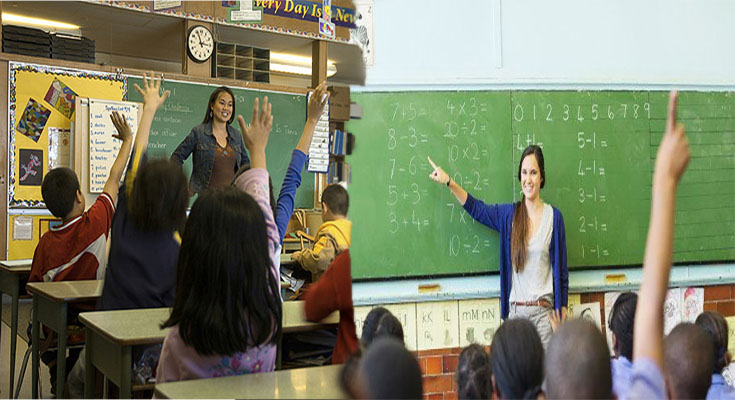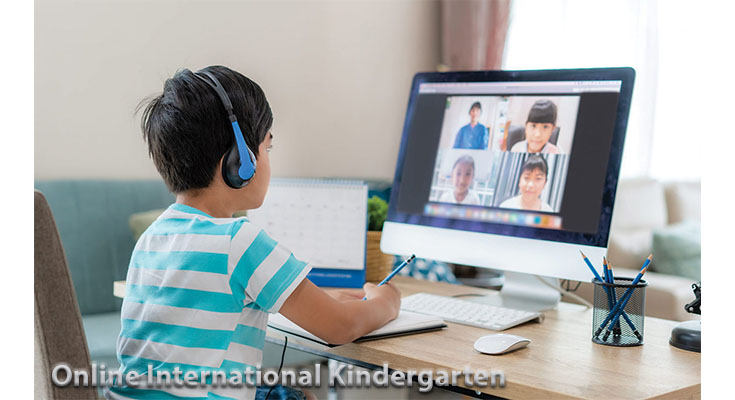
The Characteristics of Adult Education
Adult learners are different from other types of students, with several unique qualities that make them particularly attractive. For one thing, they are result-oriented and focused. They have clearly defined goals and strive to achieve them. In contrast, students in younger age groups may be more flexible and have no specific goals. As a result, adult learners tend to have higher learning outcomes than younger students. Listed below are some of the characteristics that make adult education the best choice for your company.
Learning is a lifelong process
There are many controversies surrounding the concept of lifelong learning, as well as debates about what should be learned and what kind of society learning should promote. Neoliberalism and economic rationalism are often contrasted with the humanistic view of learning. Regardless of which approach one takes, lifelong learning has become an important part of society. In fact, many countries now provide opportunities …
The Characteristics of Adult Education Read More




